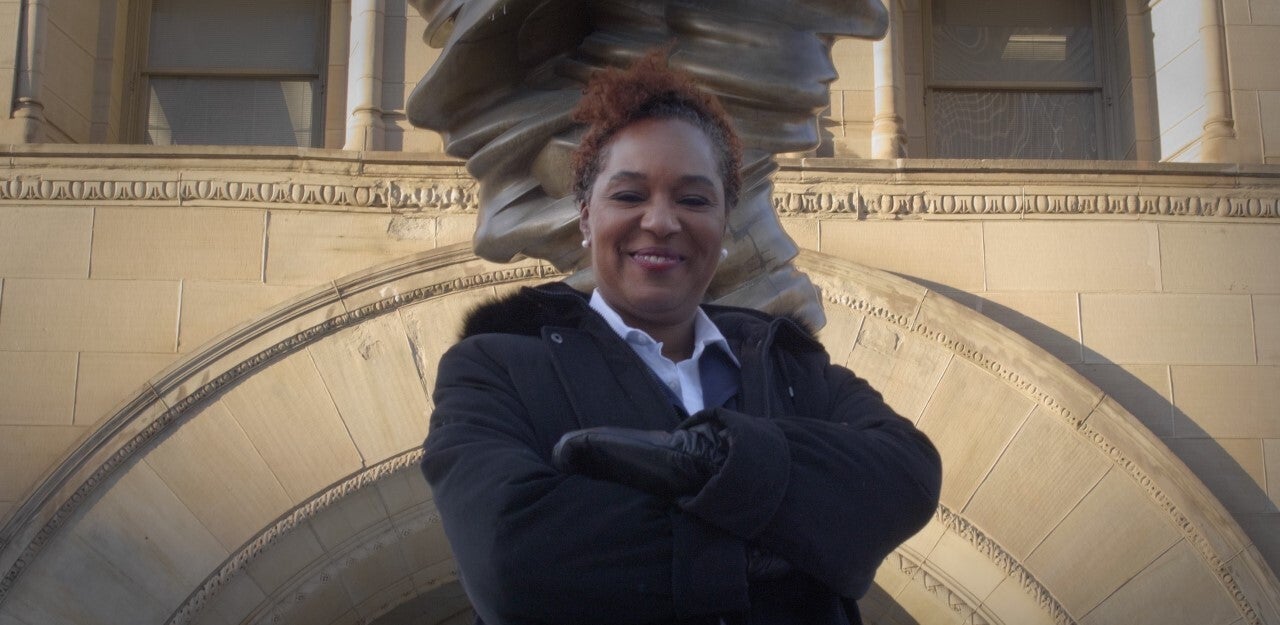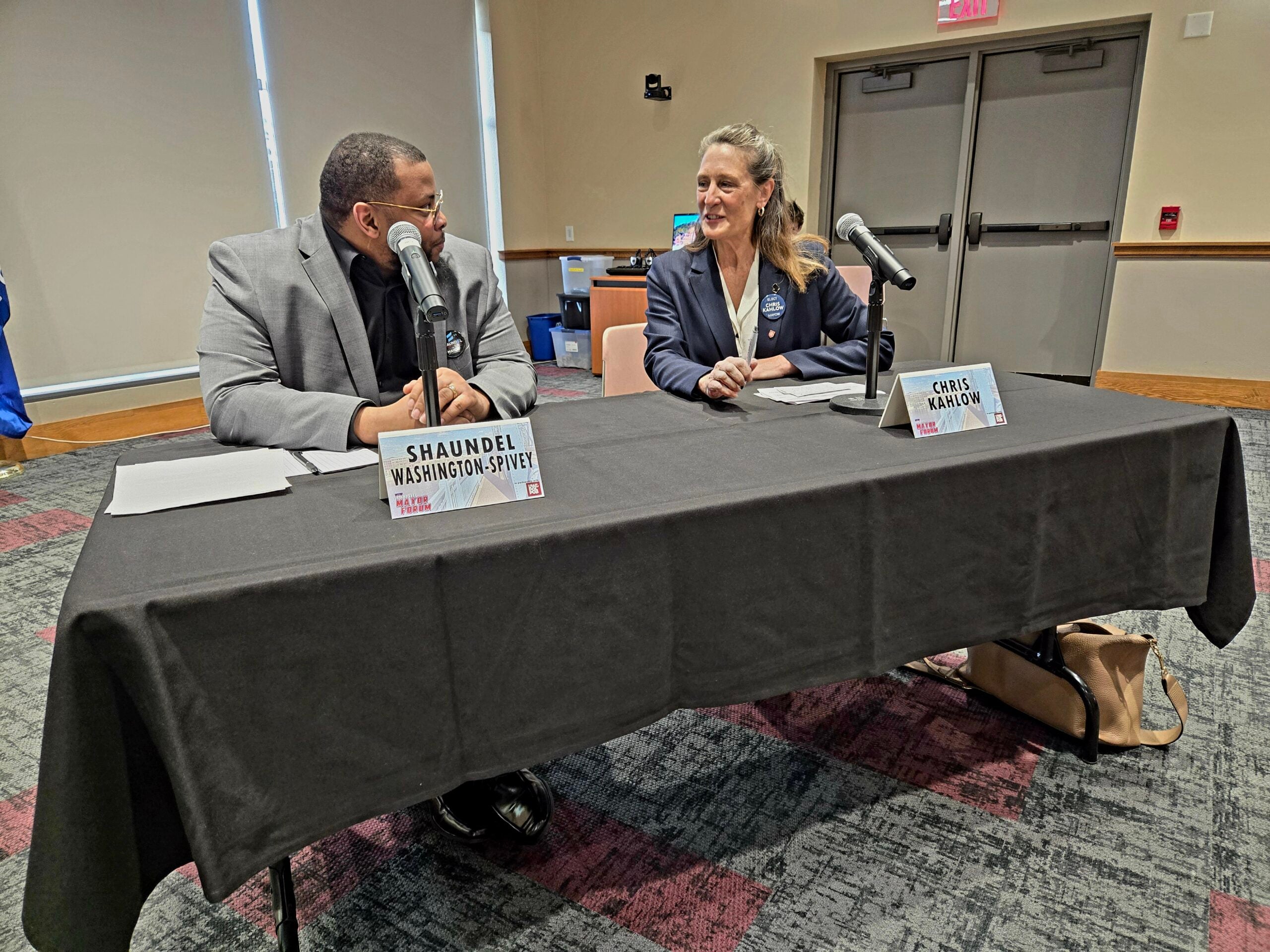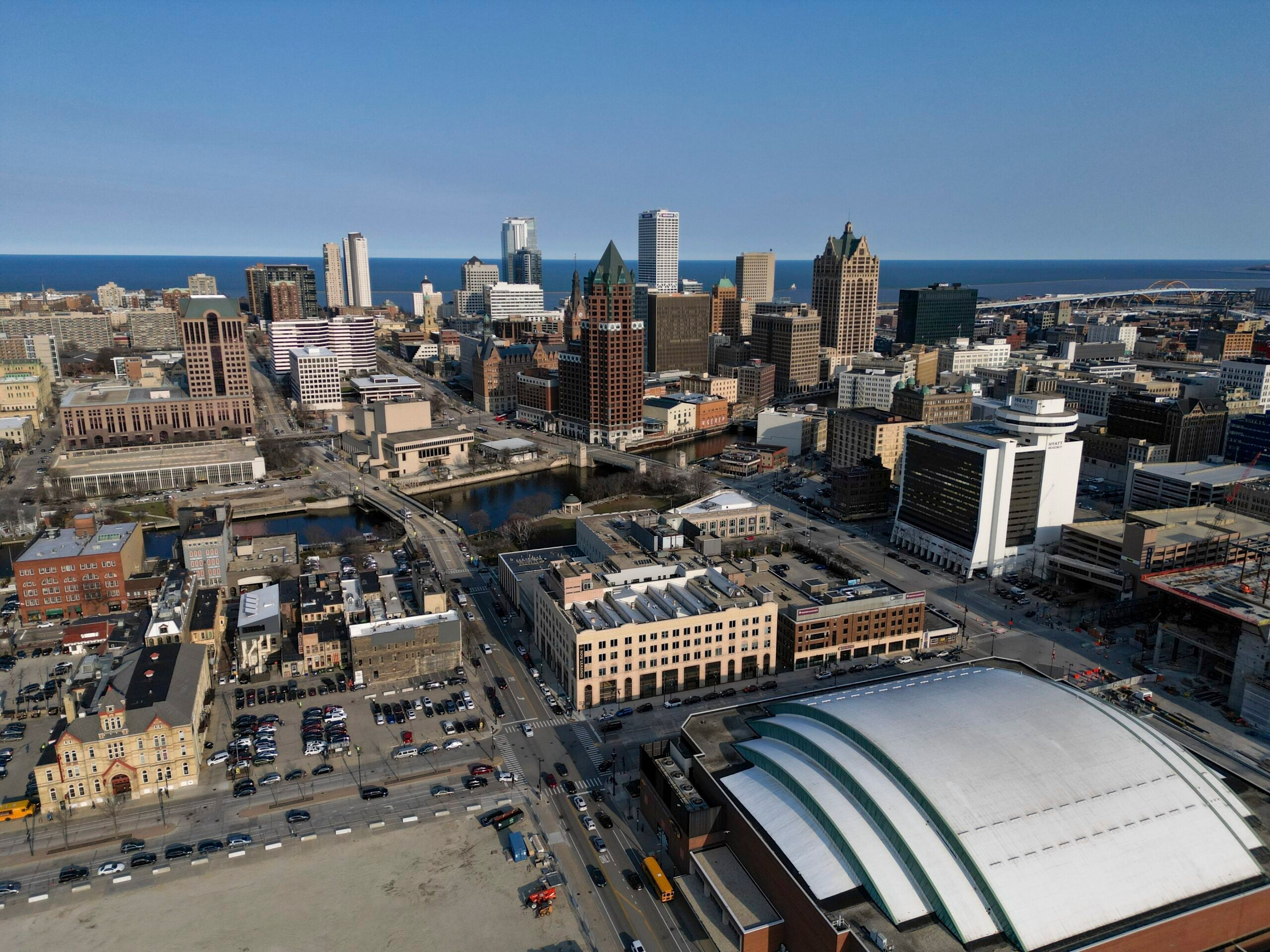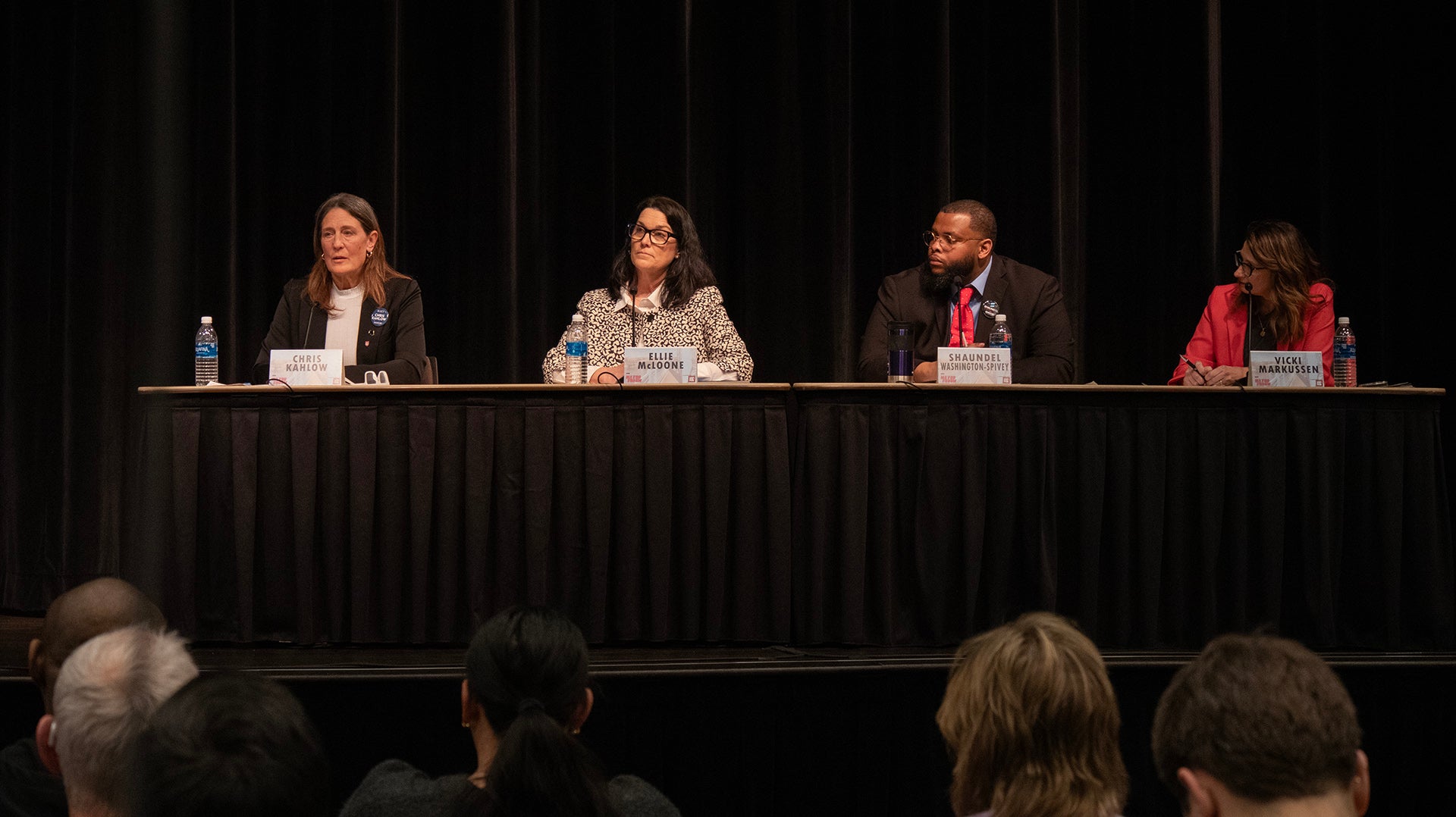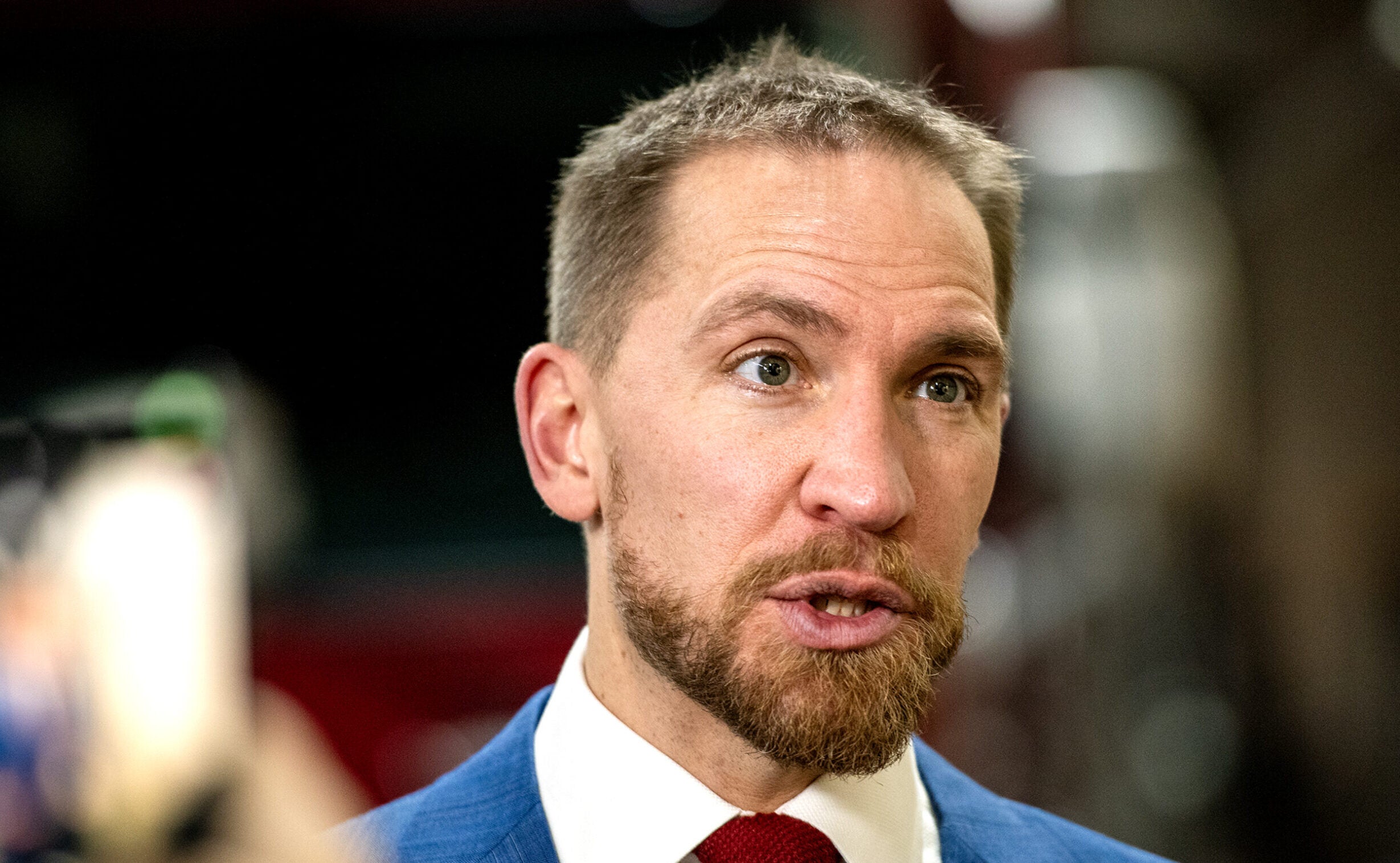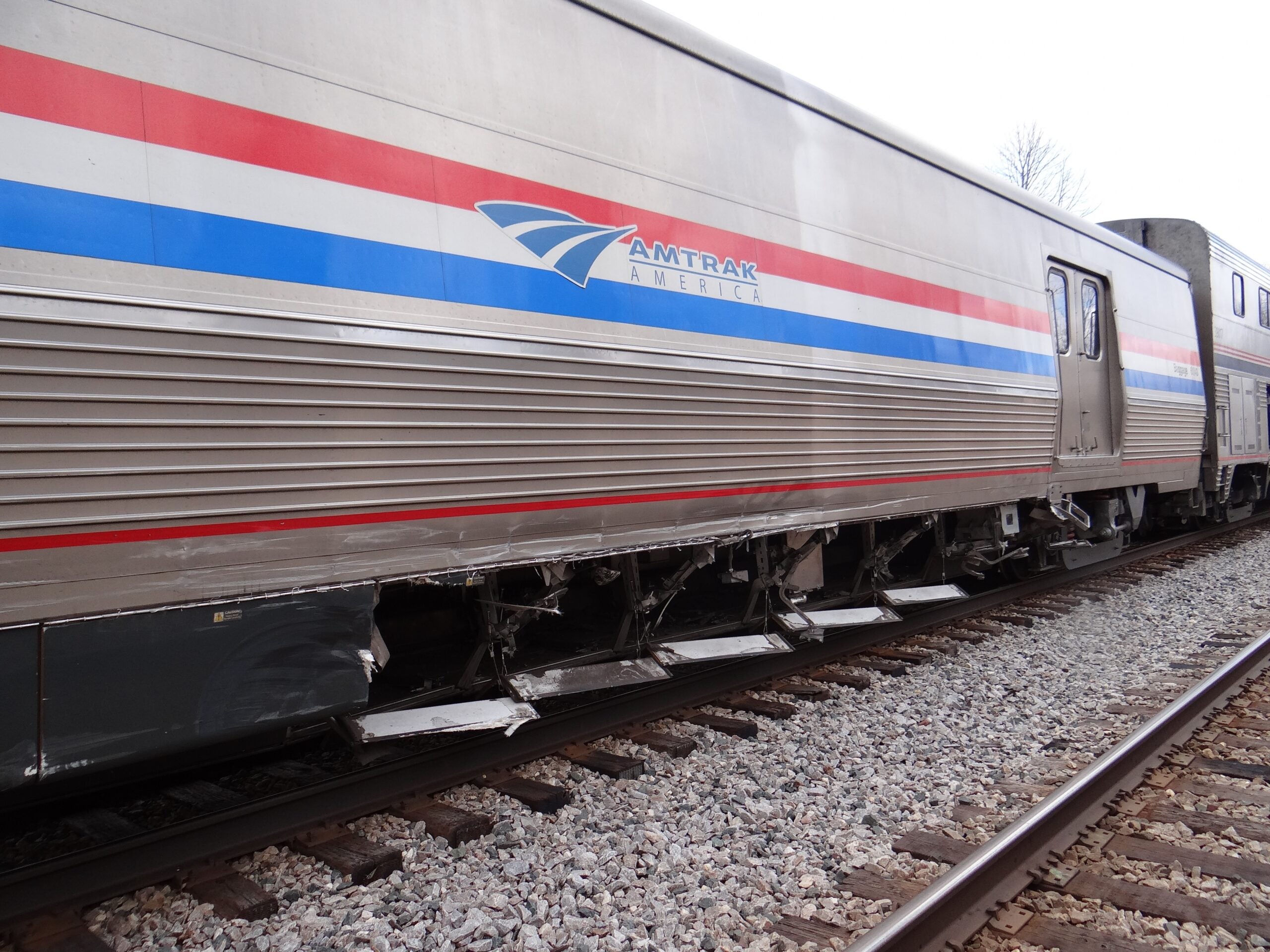A Democratic state senator from Milwaukee who is running again for mayor after an unsuccessful attempt in 2020 said the city budget is an “extreme challenge” and said she wants to use federal COVID-19 relief funds to “make that money make money for us.”
State Sen. Lena Taylor in late December dropped her candidacy for lieutenant governor in favor of going for the mayor’s seat.
Seven candidates are running to lead Milwaukee and replace former Mayor Tom Barrett, who was first elected to the position in 2004 and left in December to serve as the U.S. ambassador to Luxembourg.
Stay informed on the latest news
Sign up for WPR’s email newsletter.
The primary election on Tuesday, Feb. 15, will determine which two top vote-getters will face off in the April 5 special election. The winner will finish out the last two years of Barrett’s term.
Q&As from interviews with candidates that air on WPR’s “The Morning Show” will be published here. This story was edited for brevity and clarity.
Kate Archer Kent: We’ll start out with your top priorities for the city. What are they?
Lena Taylor: The number one issue is the budget. The budget is an extreme challenge, not just because of the pension for police and fire but also because we have not gotten our fair share of shared revenue for some time. I want to say that the amount that we get is about equal to what we got before 2009.
KAK: How would you address the budget in very tight times, given constraints on what you receive from the state?
LT: I’ve been on the (state Joint) Finance Committee for at least 14 or 15 years of my career and the $70 billion budget that the state has is such that it has some of the largest surplus that they’ve ever had. And I would argue that that’s partly because places like Milwaukee have not gotten its fair share for some time.
We’ve got to create new industries so that individuals will come and that we can ultimately grow the revenue streams that we have here. So, build new relationships through hopefully renewed accountability measures, be more efficient with those dollars and do the other things that I’ve articulated. (That) is key.
KAK: There’s $200 million in unallocated federal funding for the pandemic, according to the Milwaukee Journal Sentinel. How should this money be spent?
LT: The money should be spent in a way that makes that money make money for us. That’s what I like to say. Making sure that we’re building capacity with every dollar that we spend — capacity in businesses that are created or happening and growing in our community. So, that means if we contract with someone to do “Thing X” and we don’t have a number of businesses in that area, then we should also be making sure that we’re growing businesses like “Business X” that did that work.
Also making sure that we’re tapping in, using our assets in every way that we can for our residents to get skills training, whether it’s in the trades or whether it’s in entrepreneurship. We need to be the destination for pre-apprenticeships, apprenticeships and entrepreneurship. So, I intend to make the money make money for us in those ways; but also spending it in … areas dealing with our public safety, areas dealing with our housing and our lead lateral removal. (Those) are three of the areas that pop up immediately.
KAK: The Pension Task Force last fall said a quarter of the city of Milwaukee’s workforce could be let go between 2023 and 2025 if the anticipated spike in the city’s annual pension contribution is not addressed. What would you do?
LT: As I’ve articulated earlier for the budget challenges, building new revenue is also a possibility. Building new industry (and) not just thinking that we’re going to be stuck where we are. That’s the vision and the innovative thinking that I think that I bring that’s different than my colleagues.
But also looking at other efficient ways that we can do things in the city and looking at how the pension is presently done. We may have to create new agreements for new individuals coming in. They may not be able to have the same prime rib pension plan at a time when we can’t even afford ground beef.
KAK: So, perhaps reducing the pension program in some way for future workers?
LT: Correct. That may be what we need to do. It’s not something I can do in a silo. It is something that has to be negotiated with the unions, and it is something that has to be discussed with the Common Council. But those are the types of things that we may need to do if we are not able to get the financial assistance that we speak about from the state, from the feds or create new revenue streams and efficiencies within the city budget, all of which I’m hoping that we can do.
KAK: How would your administration seek to reduce violence and reckless driving?
LT: This is an issue that’s plaguing us tremendously. I’d like to bring the same plan that the city attempted to do before but failed to include the community and the wraparound services necessary in order for the program to be successful … that model didn’t work before because we failed to do the wraparound services. We failed to give people the support in order to move to empowerment. That’s the difference in how I want to be able to see that program implemented because it did show — when done right — to reduce violence by 60 to 70 percent.
We know that 20 percent of the people are doing 80 percent of the problems. So, we have to address that 20 percent and be able to move them on an empowerment path. And it’s not locking those others up, and (it’s) making sure that we’re asking for dollars for our court system to move people actually through the process because we now have people waiting two (or) four years in order to be able to go through a court process for a crime that they committed. That within itself is just not acceptable.
Wisconsin Public Radio, © Copyright 2025, Board of Regents of the University of Wisconsin System and Wisconsin Educational Communications Board.
